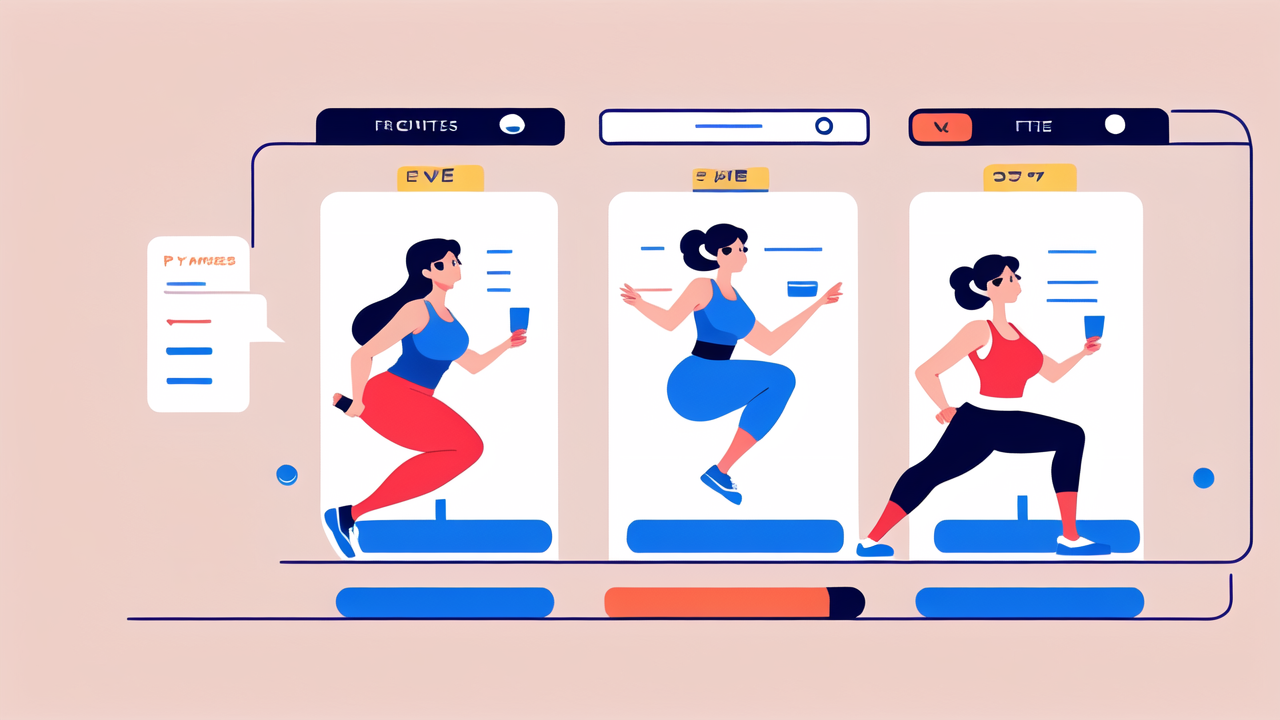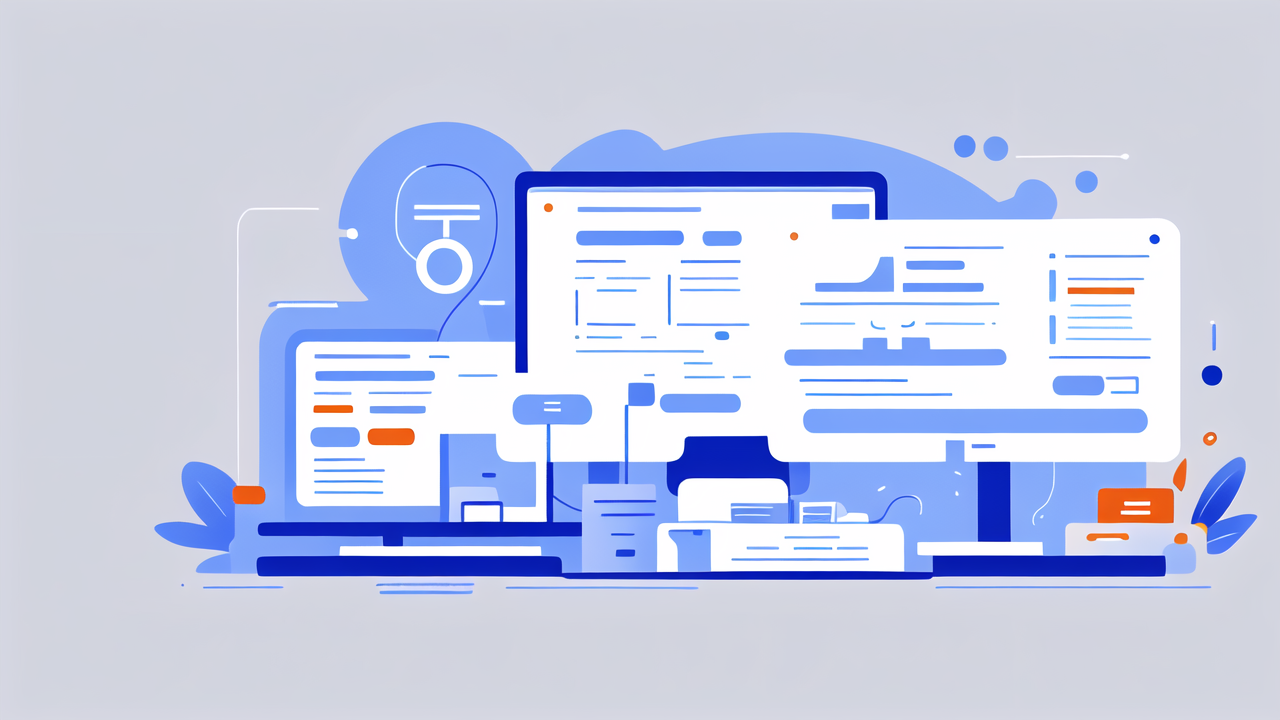Understanding the Mechanics of Health Monitors
The Evolution of Health Monitoring Devices
Health monitoring devices have come a long way. They started as simple pedometers. Now, they're smart wearables with many features. Early devices could only count steps. Modern trackers can measure heart rate, sleep patterns, and more.

The first big leap was adding heart rate sensors. This made fitness tracking more accurate. Then came devices that could track sleep quality. Now, we have smartwatches that can detect falls and measure blood oxygen levels.
Each new feature has made these devices more useful for health management. They've become smaller, more comfortable, and longer-lasting. Many can now connect to smartphones, making data easy to access and analyze.
How Health Monitors Accurately Measure Different Metrics
Health monitors use various sensors to track different body metrics. For step counting, they use accelerometers. These detect motion in three dimensions. For heart rate, many use optical sensors. These shine light into the skin and measure blood flow.
Sleep tracking often combines movement data with heart rate patterns. Some advanced devices use ECG sensors for more detailed heart monitoring. Blood oxygen levels are measured using SpO2 sensors. These shine red and infrared light into blood vessels.
The accuracy of these measurements has improved greatly. However, they're not perfect. Factors like skin tone, movement, and device placement can affect readings. Most devices use algorithms to filter out noise and improve accuracy.
The Role of AI and Machine Learning in Health Monitoring
AI and machine learning are changing health monitoring. They help make sense of the huge amount of data these devices collect. AI can spot patterns that humans might miss. This can lead to early detection of health issues.
Machine learning algorithms can personalize health advice. They learn from your data over time. This means they can give more accurate predictions and suggestions. For example, they might notice that you sleep better after certain activities.
AI is also helping to make devices more user-friendly. It can automatically detect different types of exercise. It can also provide more detailed analysis of your health data. As AI improves, health monitors will become even more powerful tools.
Impact of Health Monitors on Wellness and Fitness Trends
Enhancing Personal Health Awareness
Health monitors have made people more aware of their daily habits. They provide real-time data on steps taken, calories burned, and heart rate. This instant feedback helps users understand how their actions affect their health.

Many people find that simply wearing a tracker motivates them to be more active. Seeing your daily step count can encourage you to walk more. Heart rate data can help you understand your stress levels and rest needs.
These devices also help people track long-term health trends. Users can see how their fitness improves over time. This can be very motivating. It can also help people spot potential health issues early.
Promoting Physical Activity and Wellness
Health monitors have become powerful tools for promoting wellness. They often include features that encourage users to move more. Many have reminders to stand up or take a walk. Some devices turn fitness into a game with challenges and rewards.
These trackers make it easier to set and stick to fitness goals. Users can see their progress clearly. This makes it more likely they'll keep working towards their goals. Many devices also offer guided workouts or meditation sessions.
Social features in some apps let users compete or share progress with friends. This can add a fun, social aspect to fitness. It can also provide extra motivation to stay active.
The Influence on Fitness Regimens and Goals
Health monitors have changed how many people approach fitness. They provide data that was once only available in labs or doctor's offices. This lets people fine-tune their workouts for better results.
Heart rate data helps users understand different exercise intensity levels. This can help them train more effectively. Sleep tracking can show how workouts affect recovery. This info helps people balance exercise and rest.
Many people use these devices to train for specific events, like marathons. The detailed data helps them track their progress and adjust their training. Some devices even offer personalized training plans based on user data.
Ethical and Regulatory Considerations in Health Monitoring
Protecting User Privacy in Personal Health Data
Privacy is a major concern with health monitoring devices. These trackers collect sensitive personal data. This includes heart rate, sleep patterns, and location information. Protecting this data is crucial.

Companies must be transparent about how they use and store user data. Many offer options to control what data is collected and shared. However, users should still be cautious about what information they provide.
There are also concerns about data breaches. Health data could be valuable to hackers. Companies need strong security measures to protect user information. Users should also be aware of the risks and take steps to protect their data.
Compliance with Healthcare Regulations in the United States
Health monitors exist in a complex regulatory landscape. In the US, the FDA oversees some health monitoring devices. Devices that make medical claims must meet strict standards. This ensures they are safe and effective.
Many consumer devices fall into a gray area. They provide health data but don't make medical claims. These often don't need FDA approval. However, they still need to follow data protection rules.
Companies must also comply with HIPAA if they handle medical data. This law protects patient privacy. It sets rules for how health information can be used and shared. As health monitors become more advanced, regulatory oversight may increase.
The Future of Health Monitors in the Digital Healthcare Ecosystem
Health monitors are becoming an important part of digital healthcare. They're starting to integrate with formal healthcare systems. Some doctors now use data from these devices to help make treatment decisions.
In the future, health monitors could play a bigger role in preventive care. They might help detect health issues before symptoms appear. This could lead to earlier treatment and better outcomes.
There are also efforts to make health data more standardized and shareable. This could make it easier for different health systems to use this data. However, this also raises new privacy and security concerns that will need to be addressed.




Leave a comment
This site is protected by hCaptcha and the hCaptcha Privacy Policy and Terms of Service apply.